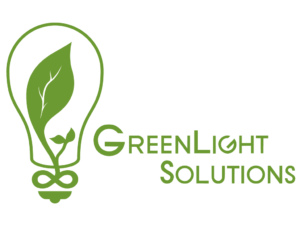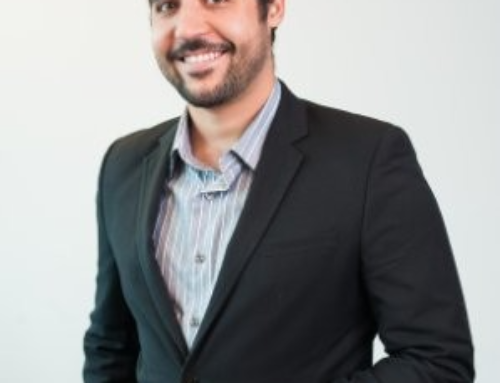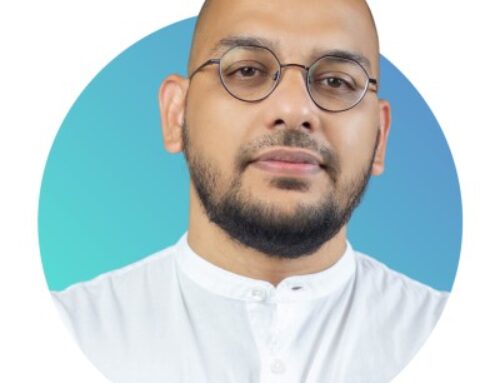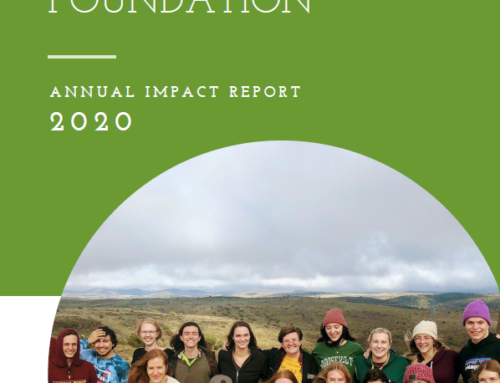GDP, GDP everywhere, welfare on the brink!
Although conventional economic growth has assisted in raising global living standards, it has also generated massive environmental degradation, waste, disease, and poverty.
Economics, the science of how scarce resources are allocated, is essential and is at the core of our most challenging environmental concerns. In a world of increasing resource scarcity and competing demands, economic analysis can drive public policy to more efficient utilization of resources.
A different, sustainable system might make it easier to slow or reverse the impacts of climate change and other types of damage to the environment. Economics, when combined with other social and behavioral sciences, becomes crucial for exploring the possible shift of human behavior toward achieving sustainable development. We need to re-create/re-define business models and our economic systems to always put people and the planet before profit. All efforts must be co-created, co-led, and co-owned with or by people.
Resource efficiency means using the earth’s limited resources in a sustainable manner while minimizing impacts on the environment. Once resource efficiency measures are put in place, then a circular economy can be systematized. A circular economy is a model of production and consumption, which involves sharing, lending, reducing, repairing, refurbishing, reusing, and recycling existing materials and products for as long as possible before disposing of them. This way, value chains and the life cycle of products and materials are extended, thereby reducing waste and conserving resources.
The current linear model of the economy, extract-produce-use-dump, is unsustainable. Therefore, a shift from linearity to circularity is essential and will help to divert waste from landfills. Products need to be designed in a way that they last longer and can be reused, repaired, and refurbished.
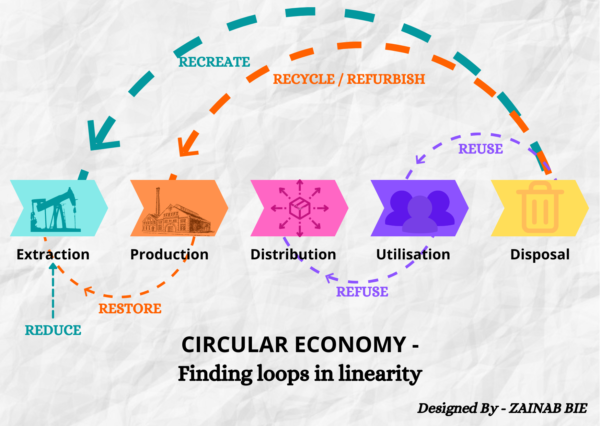
A circular economy can help us reduce emissions and save money at the same time, through increased use of waste materials, higher efficiency, and increased sharing of resources. For example, clothing companies can give discount vouchers to their customers when they mail in their old clothes, which are later recycled and turned into new ones rather than sitting in a landfill. Consumption does not cease, it instead, becomes more sustainable.
It’s clear that our economy needs to change. The time is now for the government, businesses, and individuals to align with the circular economy. Only then is a brighter, healthier, and socially equitable future possible.
The world stands at a critical point with its inequalities in sharp focus as the COVID-19 pandemic and its impacts continue to uncover unresolved socio-economic challenges. Global leaders are now challenged with deciding whether the ‘new normal’ will focus on the resumption of business as usual or a redefined collaborative mission that prioritizes the hopes and aspirations of communities around the world and creates prosperity for all.
Economic recovery, after the pandemic, is truly an opportunity to transform our economic regime with more comprehensive consideration. We have a once-in-a-lifetime opportunity to reimagine the world as something more than what it was before. I believe that we, the youth, are the future of tomorrow and without us, there is no moving forward. We must take charge of society and work towards its betterment, for there is no future possible, unless it’s a sustainable one.
Written by: Zainab Bie
(LEED Green Associate)
Zainab is an 18 year old from Delhi , India. She is one of the youngest people in India and the world to qualify for the LEED Green Associate exam (Leadership in Energy and Environmental Design), the most recognized sustainability credentials in the world. She is also the Times Young Achiever by Education Times – Times of India. She is passionate about the Sustainable Development Goals and wishes to be an integral part in achieving them by 2030. Her resilience and hard work have also helped in successfully converting her school, DPS Mathura Road, New Delhi into a ‘Single-Use Plastic-Free Zone’ – a title held by very few educational institutes in the city.
Thank you for reading our blog! Leave a comment & share on social media.
➡ Get involved: Businesses | Students | Professionals | Colleges | Volunteer
➡ Support our sustainability initiatives: Donate Now | Give Monthly | Sponsor
➡ Follow us on social media: Facebook | LinkedIn | Instagram | Twitter
